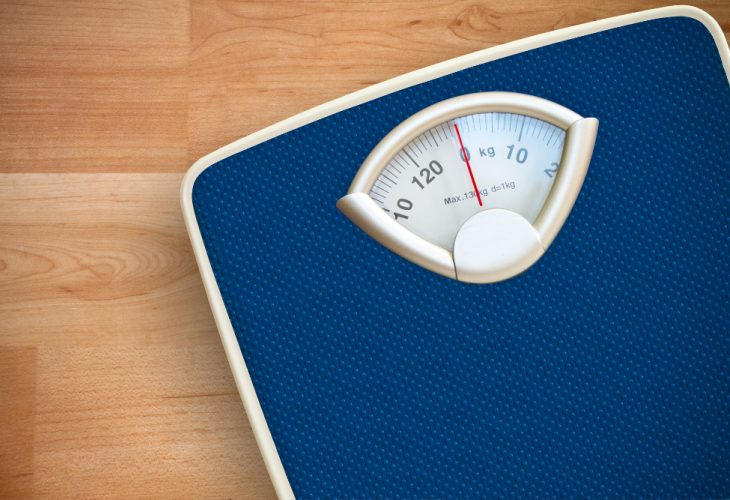Why Your Weight May Stall During a Diet
On a diet but the scale isn't budging or even increasing? Here's why that might be happening.

Anyone who has started a diet knows the frustration when the scale gets stuck, despite following all the instructions. Maya Laron Hirsch, a clinical dietitian, explains that this is because "our weight is just one tool among many to evaluate the rate of weight loss." So what happens when that tool doesn't accurately reflect the true situation?
It's essential to remember that various processes affecting our body weight are constantly occurring. Before you get discouraged, check if you're experiencing any of the following:
Constipation
If your digestive system hasn't emptied in recent days, yet you've continued eating as usual, you might have gained between one to two kilograms. Once your body empties out again, the weight will decrease. If you suffer from constipation, it's important to maintain a diet high in dietary fibers and fluids to prevent it.
Fluid Retention
If you drank a lot of water before weighing yourself, ate sodium-rich foods, or tend to suffer from body edema, you might have gained weight. To prevent this, consume less sodium, less processed food, cook at home more, and use low-sodium salts. If you have an illness that causes edema (like heart failure, kidney disease, etc.), consult your medical team for appropriate treatment.
Different Readings on Different Scales
Not all scales are accurate, meaning each device could show a different result, making you think you've added a kilogram or more. It's advisable to stick to a consistent scale, whether at home or in a clinic.
Increase in Muscle Mass
If you've started following a healthy and balanced diet while also engaging in physical activity, your muscle mass is likely to increase. This can cause a rise in weight, even though you might feel better overall.
Hirsch adds and emphasizes that weight is just part of the process and not the goal or result. There are other tools to assess the effectiveness of your program, such as checking body fat percentage, measuring circumferences, or even considering your personal feeling and overall sense of well-being.
* These recommendations do not replace medical or professional advice.

